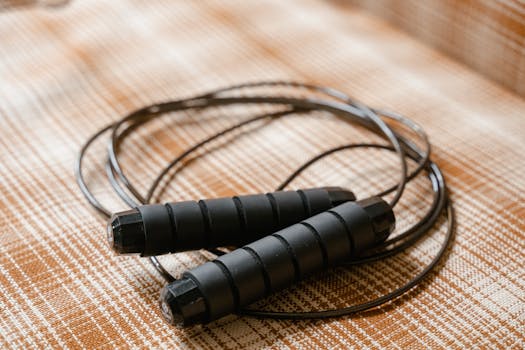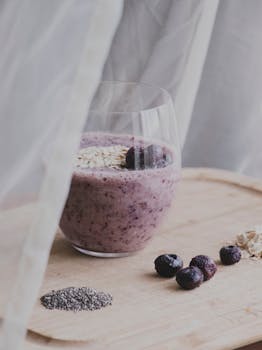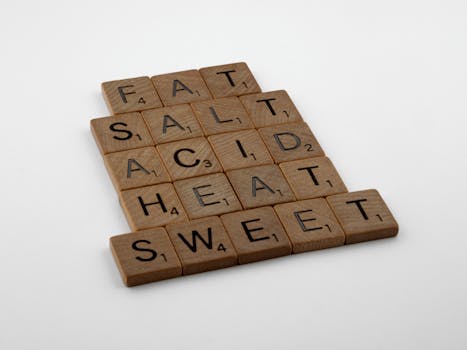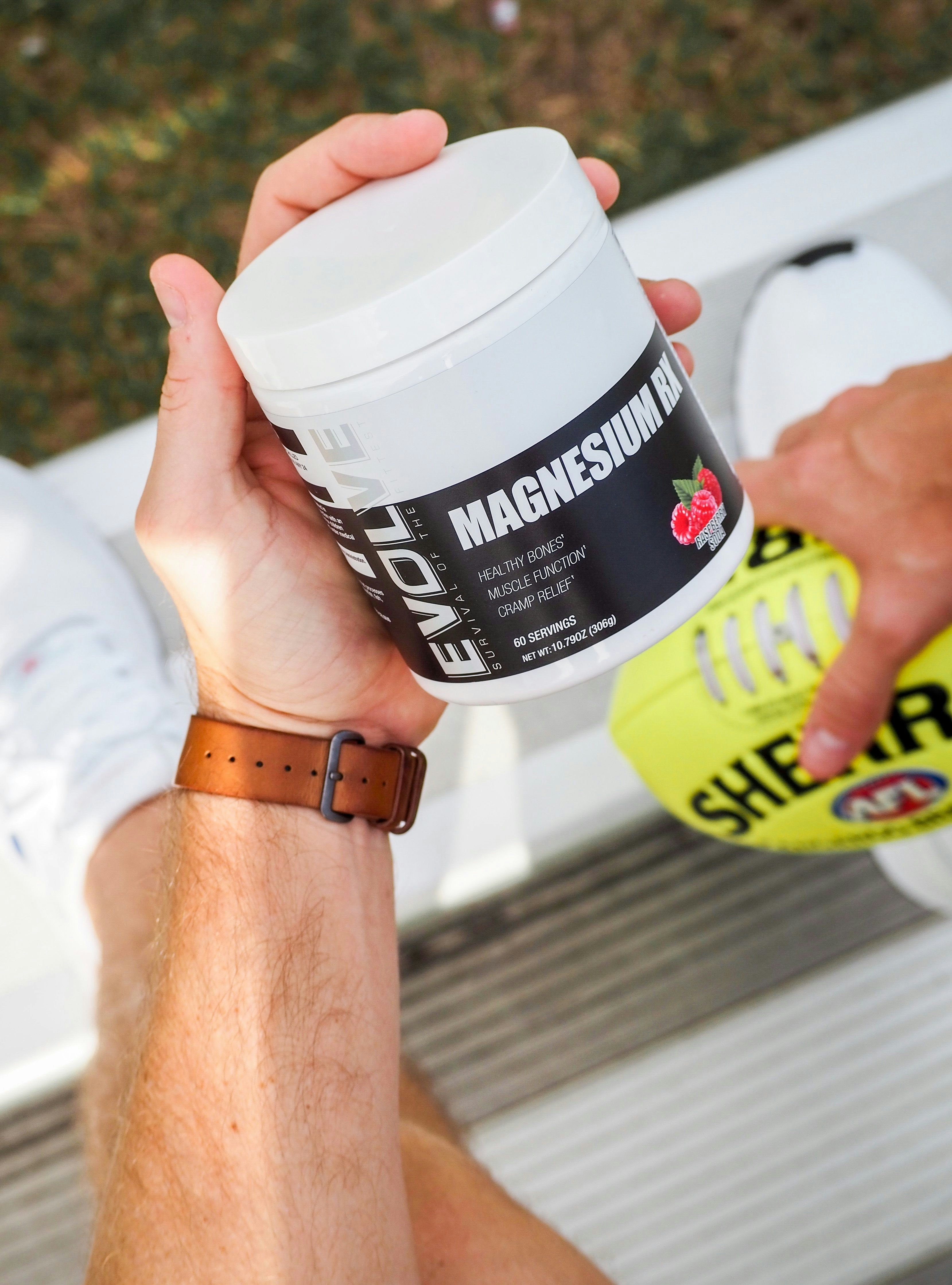Menopause Itchy Skin: Causes, Relief, and Prevention
Nov 26, 2024
Menopause is a natural transition that marks the end of a woman's reproductive years. While this phase of life is a normal part of aging, it can bring about various physical and emotional changes, including the frustrating and uncomfortable symptom of itchy skin. If you're experiencing this issue, you're not alone. Many women struggle with itchy skin during menopause, and it can significantly impact their quality of life.
Understanding the Causes of Itchy Skin During Menopause
Hormonal Imbalances
One of the primary causes of itchy skin during menopause is hormonal imbalances, particularly the decline in estrogen levels. Estrogen plays a crucial role in maintaining skin health by stimulating the production of natural oils and collagen, a protein that helps keep the skin supple and elastic. As estrogen levels drop, the skin can become drier, thinner, and more prone to irritation and itching.
Skin Aging
As we age, our skin's ability to retain moisture and maintain elasticity naturally decreases. This natural aging process can be exacerbated during menopause, leading to dryness, itching, and other skin-related issues. The skin's renewal process slows down, and the production of natural oils and collagen diminishes, contributing to the development of itchy skin.
Allergies and Sensitivities
Menopause can also increase sensitivity to certain products, fabrics, or environmental factors, triggering allergic reactions and itchy skin. Some women may develop new allergies or sensitivities during this time, making it essential to identify and avoid potential triggers. Common culprits include fragrances, dyes, and harsh chemicals found in personal care products or detergents.

Effective Relief Strategies for Itchy Skin
Moisturize Regularly
Keeping your skin well-hydrated is crucial for managing itchy skin during menopause. Look for moisturizers that contain ingredients like ceramides, hyaluronic acid, and glycerin, which can help replenish and retain moisture in the skin. Apply moisturizer immediately after bathing or showering to lock in hydration. Consider using natural moisturizers like aloe vera gel or coconut oil, renowned for their skin-soothing properties.
Use Gentle Skincare Products
Harsh soaps, detergents, and skincare products can strip the skin of its natural oils, exacerbating dryness and itchiness. Opt for gentle, fragrance-free products formulated for sensitive skin. Avoid products with alcohol, which can further dry out the skin. When possible, choose natural, plant-based alternatives to minimize irritation.
Stay Hydrated
Drinking plenty of water can help keep your skin hydrated from the inside out. Aim for at least eight glasses of water per day, and consider incorporating hydrating foods like watermelon, cucumbers, and berries into your diet. Proper hydration can help alleviate dryness and itchiness.
Try Over-the-Counter Remedies
Over-the-counter creams and ointments containing ingredients like menthol, pramoxine, or hydrocortisone can provide temporary relief from itchy skin. However, it's essential to consult with your healthcare provider before using these products, especially for prolonged periods, as they may have side effects or interactions with other medications.

Prevention Tips for Itchy Skin During Menopause
Manage Stress
Stress can exacerbate menopausal symptoms, including itchy skin. Incorporate stress-reducing activities like yoga, meditation, or deep breathing exercises into your routine to help manage stress levels. Engaging in regular physical activity and getting enough sleep can also contribute to overall well-being and potentially alleviate skin-related issues.
Maintain a Healthy Diet
A balanced diet rich in essential nutrients can support overall skin health. Include foods high in omega-3 fatty acids, antioxidants, and vitamins A, C, and E, which can help nourish and protect the skin. Consider incorporating foods like fatty fish, nuts, seeds, and colorful fruits and vegetables into your meals.
Avoid Triggers
Identify and avoid potential triggers that may cause or worsen itchy skin, such as harsh fabrics, fragrances, or environmental irritants. Keep a journal to track any patterns or reactions, and make adjustments to your lifestyle and environment accordingly. Wearing loose, breathable clothing made from natural fibers like cotton can also help minimize skin irritation.
Consider Hormone Therapy
In some cases, hormone replacement therapy (HRT) may be recommended to help alleviate menopausal symptoms, including itchy skin. Consult with your healthcare provider to determine if HRT is a suitable option for you, as it may come with potential risks and side effects that need to be carefully evaluated.
Embrace Personalized Solutions with Getlila's AI-Powered Approach
At Getlila, we understand that every woman's journey through menopause is unique. Our AI-powered personal training solutions offer personalized strategies tailored to your specific needs and preferences. By leveraging advanced algorithms and data-driven insights, we can provide customized recommendations for managing itchy skin and other menopausal symptoms.
Our AI personal trainers take into account your individual health history, lifestyle factors, and goals to create a comprehensive plan that addresses not only physical concerns but also emotional well-being. With Getlila, you'll have access to expert guidance, support, and a holistic approach to navigating menopause with confidence and comfort.
By combining the power of AI with the expertise of our certified trainers, we can help you identify potential triggers, recommend suitable skincare products, and develop a personalized routine that promotes overall skin health during this transitional phase. Our AI-driven solutions are designed to adapt and evolve with your changing needs, ensuring that you receive the most effective and tailored support throughout your menopause journey.
Conclusion
Itchy skin during menopause can be a frustrating and uncomfortable experience, but with the right strategies and personalized approach, you can find relief and regain your confidence. By understanding the causes, implementing effective relief methods, and embracing preventive measures, you can take control of your skin health during this transitional phase.
At Getlila, we're committed to empowering women with AI-powered personal training solutions that address the unique challenges of menopause. Our cutting-edge technology and personalized approach ensure that you receive tailored guidance and support every step of the way. Take the first step towards a more comfortable and fulfilling menopause journey by exploring our services today.
Remember, seeking professional medical advice is crucial if your symptoms persist or worsen. Your healthcare provider can help identify any underlying conditions and provide appropriate treatment options to alleviate your discomfort and improve your overall well-being.
Ready to Simplify Weight Loss?
Download the Lila app or visit getlila.com to start your journey. Experience the power of an AI-driven approach designed to adapt to your changing body and unique needs. Embrace holistic weight loss with Lila—because you deserve to feel strong, confident, and truly yourself again.
Disclaimer: This article is for informational purposes only and does not substitute professional medical advice. Consult a healthcare provider for personalized recommendations.
You should not have to do it all on your own











